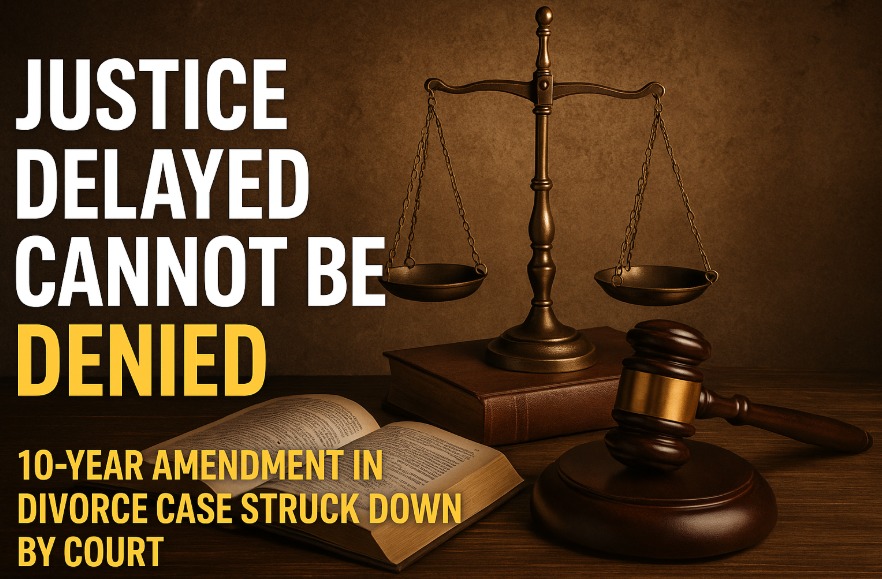In a recent ruling that touches on sensitive topics of marriage, betrayal, and justice, the Chhattisgarh High Court ruled that a woman who was divorced for adultery is not entitled to maintenance from her ex-husband.
The decision by Justice Arvind Kumar Verma poses a difficult but important question: What happens when a person’s actions go against their legal rights?
Background
In this instance, a family court mandated that a man pay his ex-wife ₹4,000 per month in maintenance. He contested the court’s ruling, arguing that the way their marriage ended made it unfair for him to be required to pay maintenance. According to him, his wife had an affair — and not with a stranger, but with his own younger brother. That betrayal didn’t just end their marriage; it broke the trust in their entire family. Feeling deeply hurt and let down, he went to court, and the divorce was granted because of her adultery.
The woman claimed that the maintenance amount was not enough to cover her needs, so she moved to raise it to ₹20,000 per month despite the divorce.
The Legal Perspective
Indian law tries to protect those who can’t take care of themselves, like a wife, children, or elderly parents, by allowing them to ask for financial support under Section 125 of the Criminal Procedure Code (CrPC). The concept is straightforward: no one should have to struggle or be left defenseless simply because they were abandoned or cut off from their family. It’s a way to help when collaborations don’t work out.
The law also places restrictions to prevent unfair use. One significant rule is found in Section 125(4): a wife cannot demand maintenance from her husband if they are having an adulterous relationship.
In his decision, Justice Verma stressed this point. He asserts that when deciding whether to award maintenance, the court cannot ignore the fact that a divorce was legally granted because of proven adulterous behavior. Simply put, the wife cannot later claim to be a “wronged party” in need of financial support if the court has already recognized her adultery and granted the divorce on that basis.
The Court’s decision made one thing clear: with legal rights come personal responsibilities. If someone’s actions — like breaking trust in a relationship — caused the problem, they can’t turn around and ask for help from the person they hurt.
But the court’s ruling was influenced by more than just gender and financial standing. It was based on accountability.
Equilibrium is the aim of the law. It protects those who are truly in need and have been abandoned without cause. But it also sets boundaries. An ex-partner who has flagrantly and seriously damaged the marriage, for example, by having an affair, cannot be expected to continue to support the family financially.
AUTHOR
Pragya Jakhar is a second-year Lovely Professional University pursuing a B.A. LL.B. (Hons.). Human rights and constitutional law particularly interest her. Pragya enjoys writing about legal subjects and is dedicated to enhancing and making the legal system more accessible to all.
Throughout the years, she has written numerous articles that examine important legal issues, and her growing comprehension of the operation of the law, both in books and in practice, allows her to contribute perceptive opinions to academic and policy discussions. She enjoys keeping up with news and significant court decisions.

